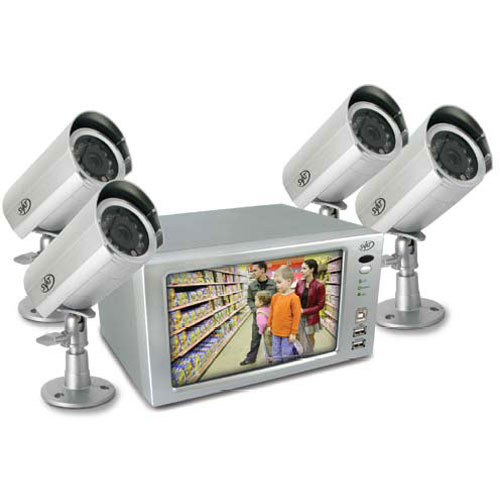

The local tax bureau determines the status after the taxpayer submits a maximum invoice amount application. The company’s local tax bureau determines the quotas based on the taxpayer’s actual manufacturing and/or business operation status. The number of fapiao that may be printed, and the capital value of each individual fapiao, are subject to quotas. Invoice copy – a bookkeeping voucher for the customer.Deduction copy – a tax deduction voucher for the customer who made the purchase and,.Bookkeeping copy – a bookkeeping voucher for the issuer.Special VAT fapiao cannot be issued for sales of tax-free commodities.Ī special VAT Invoice comprises of the following three basic copies: Special VAT fapiao are issued by general taxpayers to customers when selling commodities or providing taxable services. VAT general taxpayers who are not allowed to issue special VAT invoices (such as general commercial taxpayers who retail cigarettes, alcohol, food, clothing, shoes and hats, makeup, and other consumer goods).Įnterprises or individuals who are not able to issue special VAT fapiao should issue general fapiao when selling commodities, providing taxable services, or conducting other operating activities.The most common taxpayers for general VAT fapiao are generally: There are two formats of general VAT fapiao – the normal general VAT invoices and the roll invoices.Īlthough taxpayers can choose either type at their own will, the latter are mainly used in the life services industry. General VAT fapiao are used as evidence of payment where special VAT fapiao do not apply. Given the different types of fapiao, companies should check with an accountant to confirm which type of fapiao they need before making any fapiao purchases with the tax authority. Since the VAT fapiao is used for tax deduction purposes, it will contain a lot more detailed information including the trader’s tax code, address, telephone number, and bank account information.Īdditionally, the purchase amount on a VAT fapiao is usually explicitly broken down into its taxable and non-taxable components, while the amount shown on the general fapiao is usually a tax-inclusive figure.


The State Administration of Tax (SAT) prints, distributes, and administers fapiao. In this way, China’s fapiao invoice system serves as a paper warranty against tax evasion, unlike other countries where invoices serve as a tax receipt. The country’s tax authorities require businesses to use fapiao to compel companies to pay tax in advance on their future sales.

The larger fapiao invoice system, however, is an essential component of China’s tax law, and compliance for businesses. A fapiao is a legal receipt that serves as proof of purchase for goods and services.


 0 kommentar(er)
0 kommentar(er)
